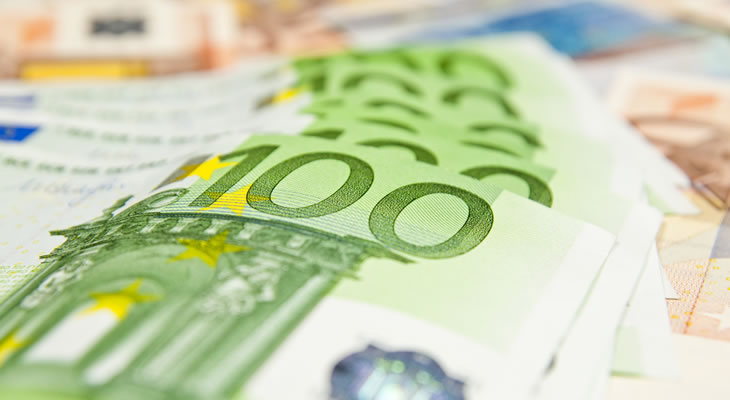Disappointing Eurozone PMIs Fail to Boost Pound Sterling Euro (GBP/EUR) Exchange Rate
Another weak monthly performance from the Eurozone manufacturing and services PMI was not enough to shore up the Pound Sterling to Euro (GBP/EUR) exchange rate on Thursday morning.
Although German economic activity showed fresh signs of decline the Euro (EUR) was able to hold onto a positive footing against many of the majors.
After several days of weakness the downside potential of EUR exchange rates proved limited, even in the face of additional evidence of a German slowdown.
However, the PMIs still paint an unimpressive picture of the Eurozone’s economic outlook heading into the fourth quarter.
As Chris Williamson, Chief Business Economist at IHS Markit, commented:
‘The Eurozone economy started the fourth quarter mired close to stagnation, with the flash PMI pointing to a quarterly GDP growth rate of just under 0.1%.
‘The manufacturing downturn remains the fiercest since 2012, and continues to infect the service sector, where October saw the smallest increase in new work for almost five years.’
Growing Anticipation for General Election Weighs on Pound Sterling (GBP)
Reports of a cabinet split over the prospect of an imminent general election kept Pound Sterling (GBP) under pressure as the odds of further political disruption continued to mount.
Support for GBP exchange rates remained generally weak thanks to the lingering sense of uncertainty that still hangs over the future of the UK economy.
A weaker-than-expected uptick in the latest BBA mortgage approvals figure also limited the appeal of the Pound, suggesting that households are still taking a cautious view in the face of Brexit-based anxiety.
Even if EU leaders approve a fresh extension of the Brexit deadline this is unlikely to offer the GBP/EUR exchange rate any particular support.
As long as the UK remains on track for another general election and a prolonged period of Brexit uncertainty the Pound looks set to maintain a bearish bias.
Increasing Signs of ECB Policy Split May Encourage EUR Exchange Rate Strength
While no change in monetary policy is expected at European Central Bank (ECB) President Mario Draghi’s final meeting the Euro could still see some volatility.
If ECB policymakers show greater signs of dovishness this could raise the risk of monetary policy seeing a further loosening before the end of the year.
Given the underwhelming nature of recent Eurozone data the central bank is unlikely to adopt an optimistic tone, leaving EUR exchange rates exposed to potential selling pressure.
However, fresh evidence of a growing split among policymakers could offer the single currency a rallying point.
Growing opposition to monetary loosening measures would limit the risk of future action, to the benefit of the Euro.
Although the ECB is unlikely to return to a hawkish bias for the foreseeable future a greater degree of indecision could well drag the GBP/EUR exchange rate lower.


Comments are closed.